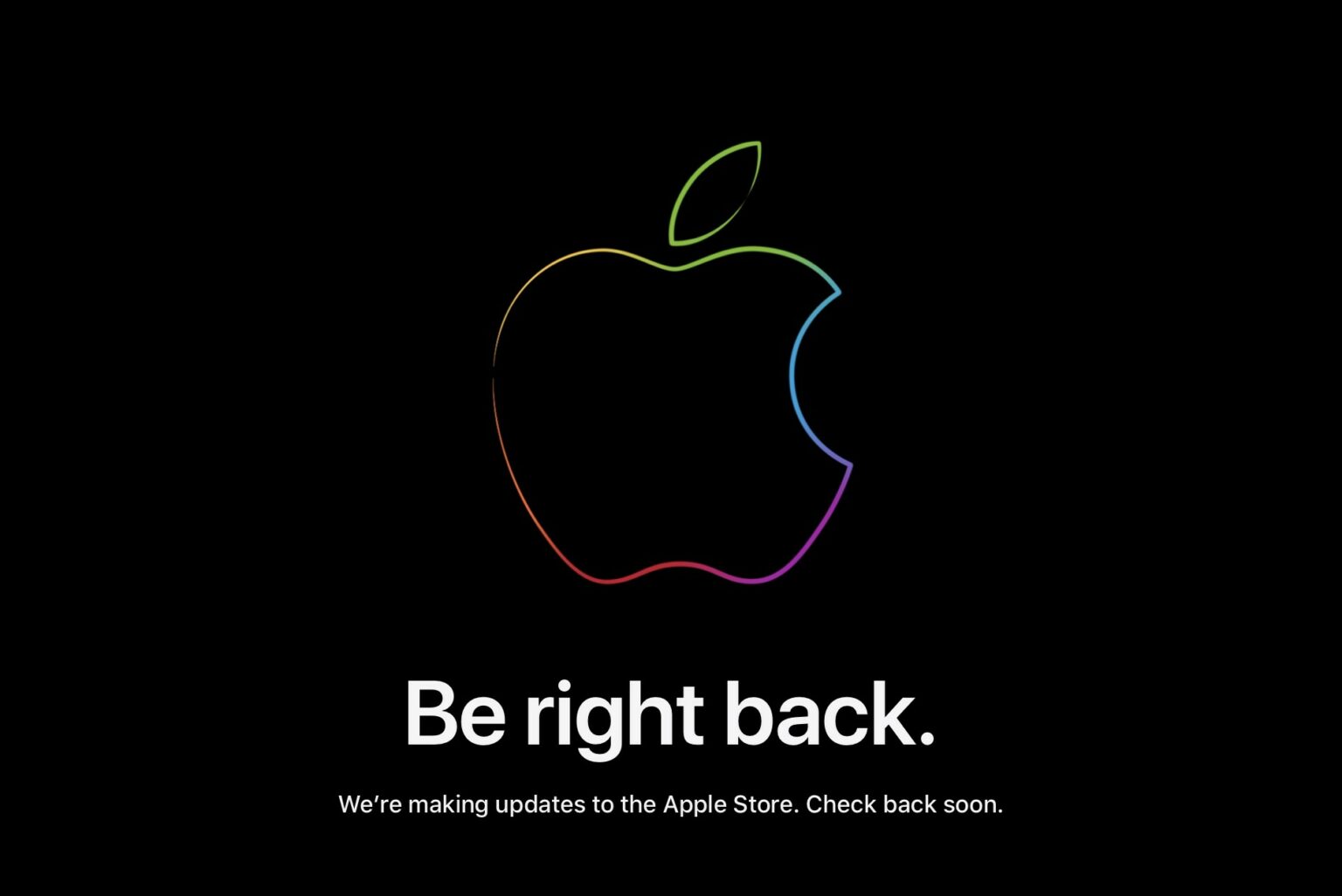Apple has launched a major project to allow alternative app stores on iPhones and iPads by 2024. The effort is meant to comply with the European Union’s Digital Markets Act, which comes fully into force then, and other possible national or regional laws that will make Apple allow sideloading of apps, according to new report Tuesday.
The end result should see Apple allowing people to download third-party software to iPhones and iPads from somewhere other than the App Store for the first time.
Apple pushes toward allowing alternative app stores on iPad and iPhone
Last week, Apple busted out hundreds of new App Store pricing options for developers, and this week heralds app stores on Apple devices not run by Apple at all.
Software engineers and others at Apple are working on opening up parts of the company’s platforms to allow such downloads, which would avoid restrictions and charges that Cupertino imposes on outside developers via its App Store, according to a report by Bloomberg‘s Mark Gurman.
The move aims to comply with new EU laws intended to reduce the control that Apple and Google maintain over mobile app stores. Their app stores dominate the industry because of their size and reach. The EU is Apple’s second-biggest market after the Americas.
While Cupertino’s new efforts are aimed squarely at Europe, Bloomberg reported that people involved in the project said it could lay the groundwork for other regions, should similar laws pass in other countries.
Laws intended to help consumers and developers
The Digital Markets Act will apply to companies worth $80 billion or more that have at least 45 million EU users.
The law demands tech companies let users change default settings to install third-party apps more easily, according to Bloomberg. It also seeks to “level the playing field” for third-party developers with adequate access to apps’ and services’ main features.
“The act requires technology companies to allow the installation of third-party apps and let users more easily change default settings,” Bloomberg said. “The rules demand that messaging services work together and that outside developers get equal access to core features within apps and services.”
Moves within Apple
Bloomberg described the project’s management this way:
The changes underway within Apple are being led by Andreas Wendker, a longtime software engineering vice president who reports to Craig Federighi, the company’s top software executive. Jeff Robbin — Apple’s top engineering manager for its services, who reports to head of services Eddy Cue — is also involved.
On schedule with the EU’s timeline, Apple’s goal may be to get the changes ready in time for them to appear in an update to 2023’s iOS 17 release.
Gurman’s report added that the project isn’t particularly popular at Apple. The company has objected loudly to efforts to force it to allow sideloading over the years, citing security and consumer privacy.
Apple also might make additional changes to address its own concerns. As Gurman noted:
To help protect against unsafe apps, Apple is discussing the idea of mandating certain security requirements even if software is distributed outside its store. Such apps also may need to be verified by Apple — a process that could carry a fee. Within the App Store, Apple takes a 15% to 30% cut of revenue.
U.S. legislation intended to enforce similar rules lags behind the EU’s efforts.
Apple did not offer comment to Bloomberg for the story.


